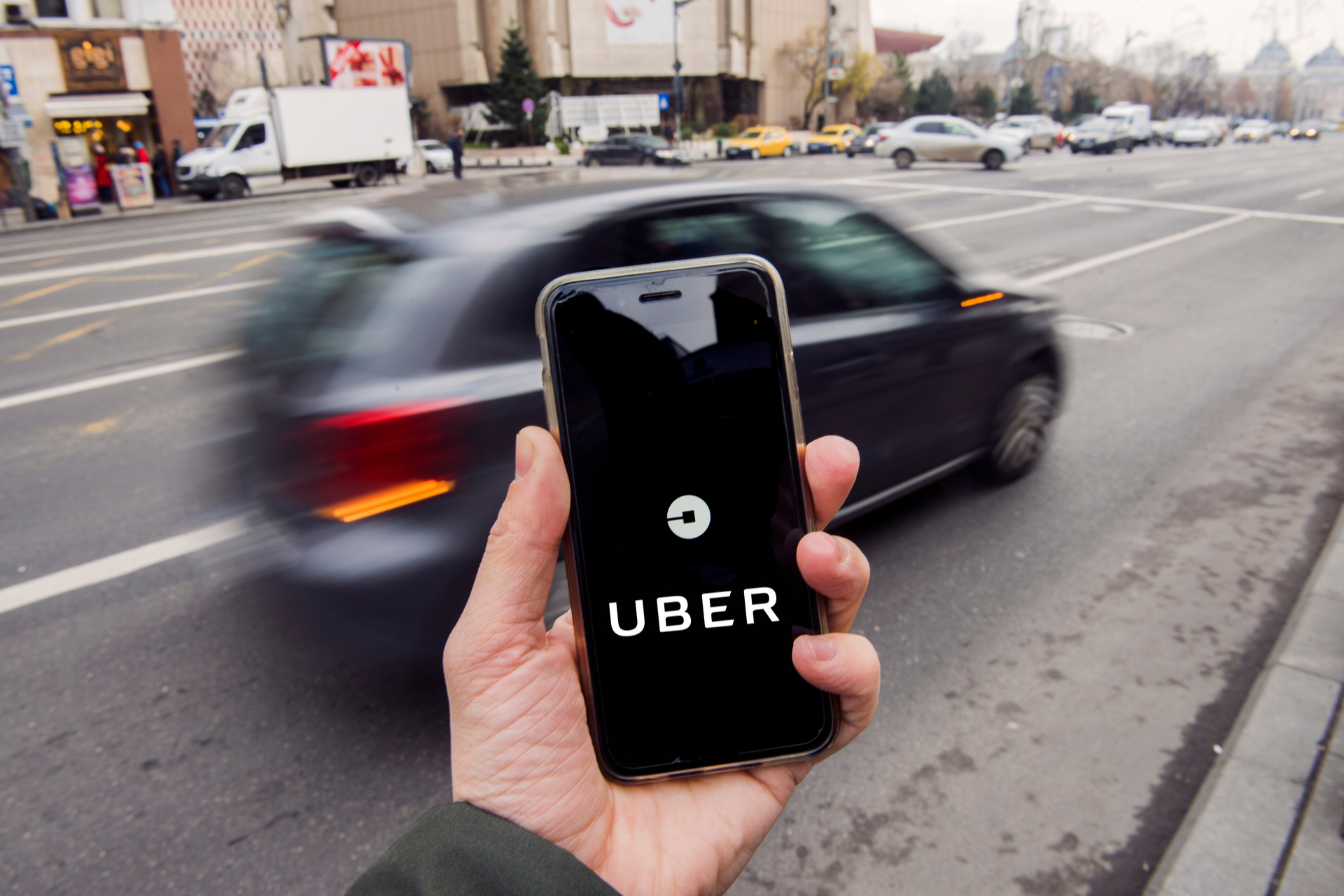Uber has been ordered to pay $1.1 million in damages and court costs after an arbitrator ruled that the rideshare company discriminated against a blind woman and her guide dog on more than a dozen separate occasions.

California resident, Lisa Irving, claimed she was denied rides or verbally abused by Uber drives 14 times in 2016 and 2018.
“I felt demeaned, humiliated, devalued, embarrassed, angered, frustrated and violated,: Irving said in a video statement. She was awarded over $1.1 million, with $324,000 attributed to damages and more than $800,000 going to attorney fees and court costs.
In the award, posted online by her attorneys, the arbitrator rejected Uber’s argument that it was not responsible for its drivers’ violations of the Americans with Disabilities Act (ADA) because they are independent contractors.
“Whether its drivers are employees or independent contractors, Uber is nonetheless subject to the ADA as a result of its contractual relationship with its drivers,” the award said.
An Uber spokesperson said the company disagreed with the award and said its community guidelines clearly prohibit discriminatory practices, including denying rides to passengers with service animals.
“We are proud Uber’s technology has helped people who are blind obtain rides and regret Ms. Irving’s experience. Drivers using the Uber app are expected to serve riders with service animals and comply with accessibility and other laws, and we regularly provide education to drivers on that responsibility. Our dedicated team looks into each complaint and takes appropriate action,” the company said in a statement.
In addition to being denied rides, Irving claimed some drivers who came to pick her up verbally abused her and her service dog Bernie.
“[The driver] yelled at her to get out of his car at least fifteen times, at one point pulling over to demand she get out in a dangerous area, making her feel helpless by his intimidation and threats,” the arbitrator wrote.
Irving filed complaints against the individual drivers with Uber, according to the award.
“Uber is liable for each of these incidents under the DOJ interpretation of the ADA as well as due to Uber’s contractual supervision over its drivers and for its failure to prevent discrimination by properly training its workers,” the award noted.
“Of all Americans who should be liberated by the rideshare revolution, the blind and visually impaired are among those who stand to benefit the most. However, the track record of major rideshare services has been spotty at best and openly discriminatory at worst. The bottom line is that under the Americans with Disabilities Act, a guide dog should be able to go anywhere that a blind person can go,” Irving’s attorney Catherine Cabalo said in a statement.
In 2016, Uber settled a lawsuit filed by the National Federation of the Blind to address discrimination and ensure that passengers with guide dogs are given equal access to transportation.
Read more articles from Haute Lawyer, visit https://hauteliving.com/hautelawyer/
Source: https://www.cnn.com/2021/04/02/business/uber-blind-passenger-arbitration-trnd/index.html


















